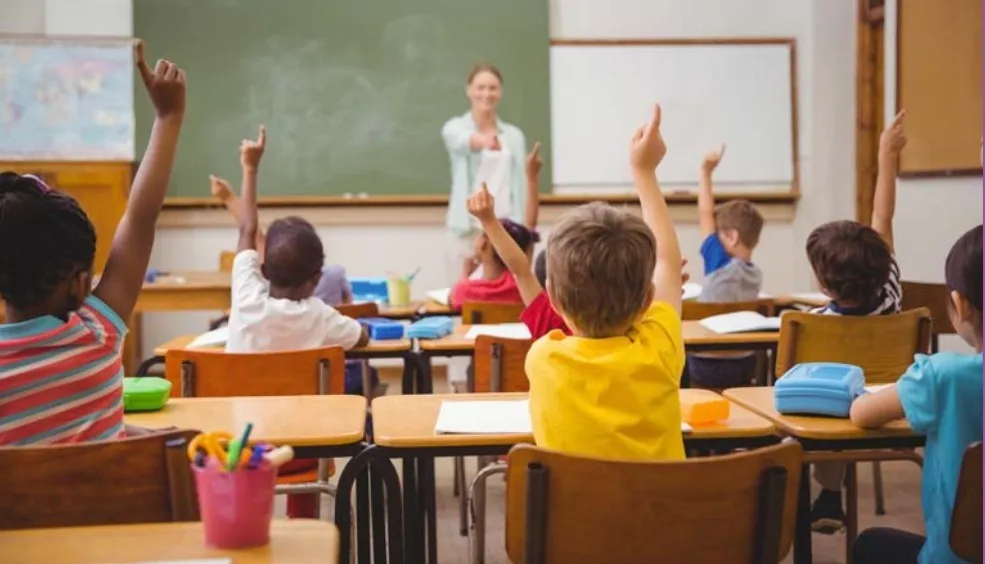
Education is a process that involves the transfer of knowledge, habits and skills from one generation to another through teaching, research and training. It can be in a formal or informal setting. Formal education involves institutionalized learning based on a curriculum. In today’s society, education and learning play an indispensable role in shaping the lives of individuals and the society at large. The most effective way of boosting economic growth, reducing poverty and improving people’s health is by investing in education.
Human labour is essential for economic growth. A highly educated labour force further stimulates economic growth. Additionally, a highly educated labour force can easily adapt to new working environments and conditions. In view of that, it is evident that education serves as the driving force for innovation of new products and services. Educated workers exchange ideas in the work place and come up with new ideas that help in the growth of the economy.
Education reduces poverty in a number of ways. One way is by creating employment opportunities for educated people. Through employment, one is able to afford a decent living. Education helps to increase economic security, create income opportunities and improve livelihoods of the economical disadvantaged by providing sustainable environmental management mechanisms. Education further alleviates poverty through skills acquired in the learning process. Skills such as carpentry, plumbing and masonry are relevant in non-formal economies. One can acquire these skills through technical and vocational training.
Educated people are health conscious and live longer than their counterparts because they engage in healthy habits such as eating a balanced diet, exercising regularly and going for medical check ups. By investing in education, one will also be investing in their health. Education serves to create room for technological advancements in the field of medicine and agriculture. Advanced technology used for conducting surgery has replaced traditional methods. This has seen an improvement in people’s general health and an increased life expectancy. Most developing countries have a low life expectancy compared to developed countries. This can be attributed to high illiteracy levels present in developing countries. This translates to poor health and poor eating habits.
In conclusion, education is the only means of alleviating poverty, improving people’s health and increasing economic growth. Improving literacy levels in marginalised societies will go a long way in improving human living standards.